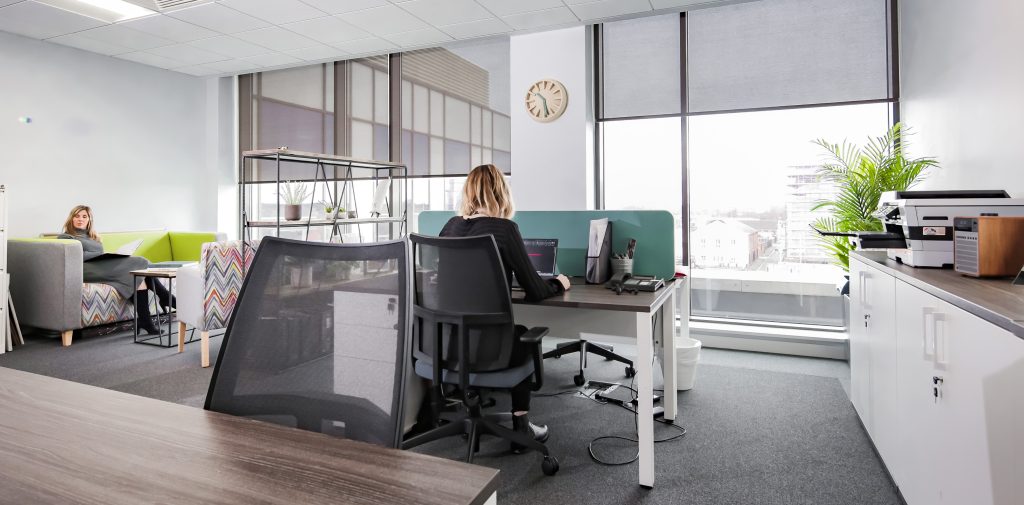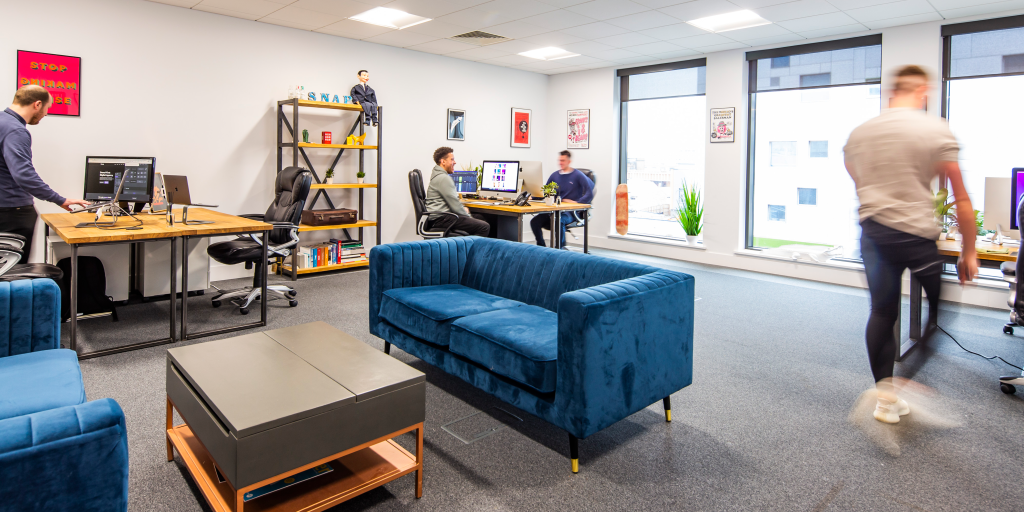Blog
Elevate your business knowledge with insights from The Base Warrington’s blog.
Warrington’s only prestigious Grade-A rated office building.
8 Benefits of Collaborative Office Spaces
See how collaborative workspaces can boost creativity, improve teamwork, and create new opportunities, all while offering the flexibility modern businesses need.
Top 6 Benefits of Coworking Spaces for your business
Discover why coworking spaces are a game-changer – bringing teams together, sparking new ideas, and balancing productivity with flexibility.
Share the Love: Join Us for a Valentine’s Day Celebration at The Base, Warrington
Feel the love this Valentine’s! Join us at The Base for an unforgettable celebration filled with fun and heart.
2024 Marketing Predictions Every Business Should Know
Stay ahead of the curve! Discover the hottest marketing trends for 2024 and how they can grow your business.
A Magical Night with the Warrington Youth Zone Christmas Production”
It’s showtime! Experience the magic of Christmas with the Warrington Youth Zone’s sparkling holiday performance at The Base.
Discover The Base: Modern Workspaces Designed for Success.
Ready to thrive? Discover modern workspaces at The Base that are designed to help your business reach new heights.
Warrington’s Office Space Opportunities
Looking for the perfect office space? Explore the latest opportunities in Warrington for businesses ready to grow and thrive.
Plant. Thrive. Grow!
Plant the seeds of success! Discover how our workspaces help your business grow, thrive, and bloom in Warrington.
What is Co-Working and How Does it Benefit Your Business?
Curious about coworking? Learn how flexible workspaces support creativity, collaboration, and community for your business.
JOIN OUR ONLINE COMMUNITY
Contact us today
 01925 239212
01925 239212 info@thebasewarrington.co.uk
info@thebasewarrington.co.uk The Base, Dallam Lane, Warrington WA2 7NG
The Base, Dallam Lane, Warrington WA2 7NG
On behalf of
The Base Warrington © 2025. All right reserved.











